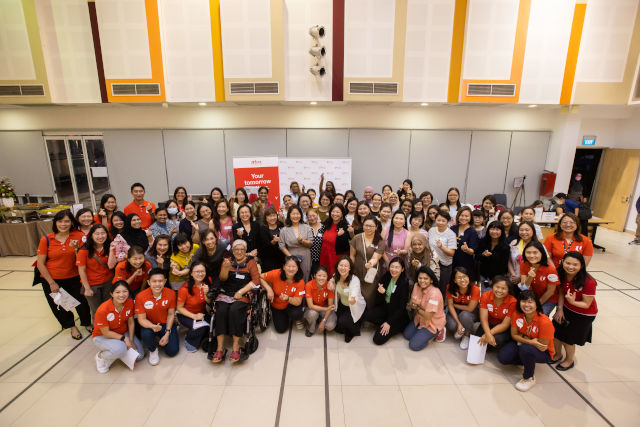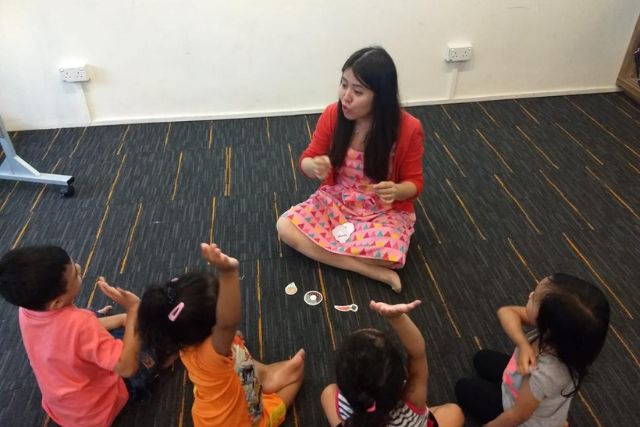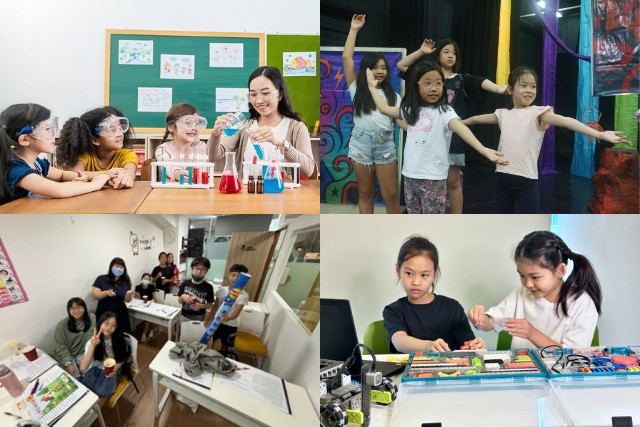There’s no sugar-coating it; working mums have it rough.
Those with tiny tots will be familiar with the sinking feeling of calling in absent because of a sick child, or dashing from the office at 6pm sharp so their kid isn’t the last one to be picked up from preschool.
Meanwhile, parents of older school-going children might struggle to cough up time for family bonding during their most formative years or coach them in academics.
The pandemic years have provided some respite however. Many employers have warmed up to the idea of remote working or hybrid arrangements – workers are also seeing (and expecting) flexi-work as the new norm in a post-Covid world.
Recently, the government too has encouraged bosses to make flexible work arrangements (FWA) a permanent fixture. It looks like FWA is here to stay!
Beyond time-saving
The benefits of FWA are numerous. The most obvious one would be the amount of time saved (for some, a few hours every day!) on commuting. It is what you can do with this extra time and the ease of re-arranging your day to meet all your priorities that is key.
You can get your kids to school, sit down for a nourishing breakfast and still make it in time for your 9am Zoom call. Got errands to run mid-day? You can simply clear non-urgent work later in the evening.
Being empowered to decide your hours (to some extent) brings you closer to the ideal of work-life harmony. You end up being more productive at work and at home, and are thus happier and more motivated to do your best. So why isn’t FWA a widespread norm just yet?
Making FWA a permanent reality
While being wildly popular among workers who aren’t physically required at the workplace (unlike say retail staff), FWA may not be embraced by all bosses, some of whom are used to the traditional way of working.
Another bump on the road to work-life harmony: FWA, as helpful as it is in alleviating the challenges of time-poor mummies and daddies, may not even be enough for those who have to provide caregiving duties to aged parents. (A separate set of caregiving leave entitlements is often appreciated in this case.)
The situation is evolving though as business decision makers and government agencies are swiftly trying to provide more structured guidelines for FWAs. In fact, a new set of tripartite guidelines on FWA is expected to be announced by 2024.
In the meantime though, there are avenues where you as a working parent can get your concerns and aspirations for the future of work heard.
The Women Supporting Women Mentorship Programme set up by the NTUC Women and Family unit matches female job seekers to women leaders for a six-month long mentorship focused on professional development and personal growth.
At a recent event celebrating the expansion of this programme, focus group participants (comprising women juggling work and caregiving) shared their concerns and the support they needed. Working women can contribute a lot to our workforce if given the appropriate support!
 NTUC Director of U SME and U Women and Family Yeo Wan Ling with mentors and mentees at the kick-off session of the expansion Women Supporting Women Mentorship Programme’s expansion to the North East Community Development Council.
NTUC Director of U SME and U Women and Family Yeo Wan Ling with mentors and mentees at the kick-off session of the expansion Women Supporting Women Mentorship Programme’s expansion to the North East Community Development Council.
Image credit: NTUC
If you are unsure how to progress at work, the best place to start is to speak with a trusted mentor.
You could also share your thoughts and chat with NTUC on how your ideal workplace would look like in the future!
The bottom line
Initiatives like FWAs can enable both women and men to better balance work and family responsibilities, as well as better support more women in returning to or exceling in the workforce.
Women are integral contributors, both within the family and at work. When life pulls you in a million different directions, be sure to lean on all the support you can get to help you maximise your potential and gain fulfillment in all domains.
This post is brought to you by NTUC.
By Ng Mei Yan.
* * * * *
Like what you see here? Get parenting tips and stories straight to your inbox! Join our mailing list here.
Want to be heard 👂 and seen 👀 by over 100,000 parents in Singapore? We can help! Leave your contact here and we’ll be in touch.















































